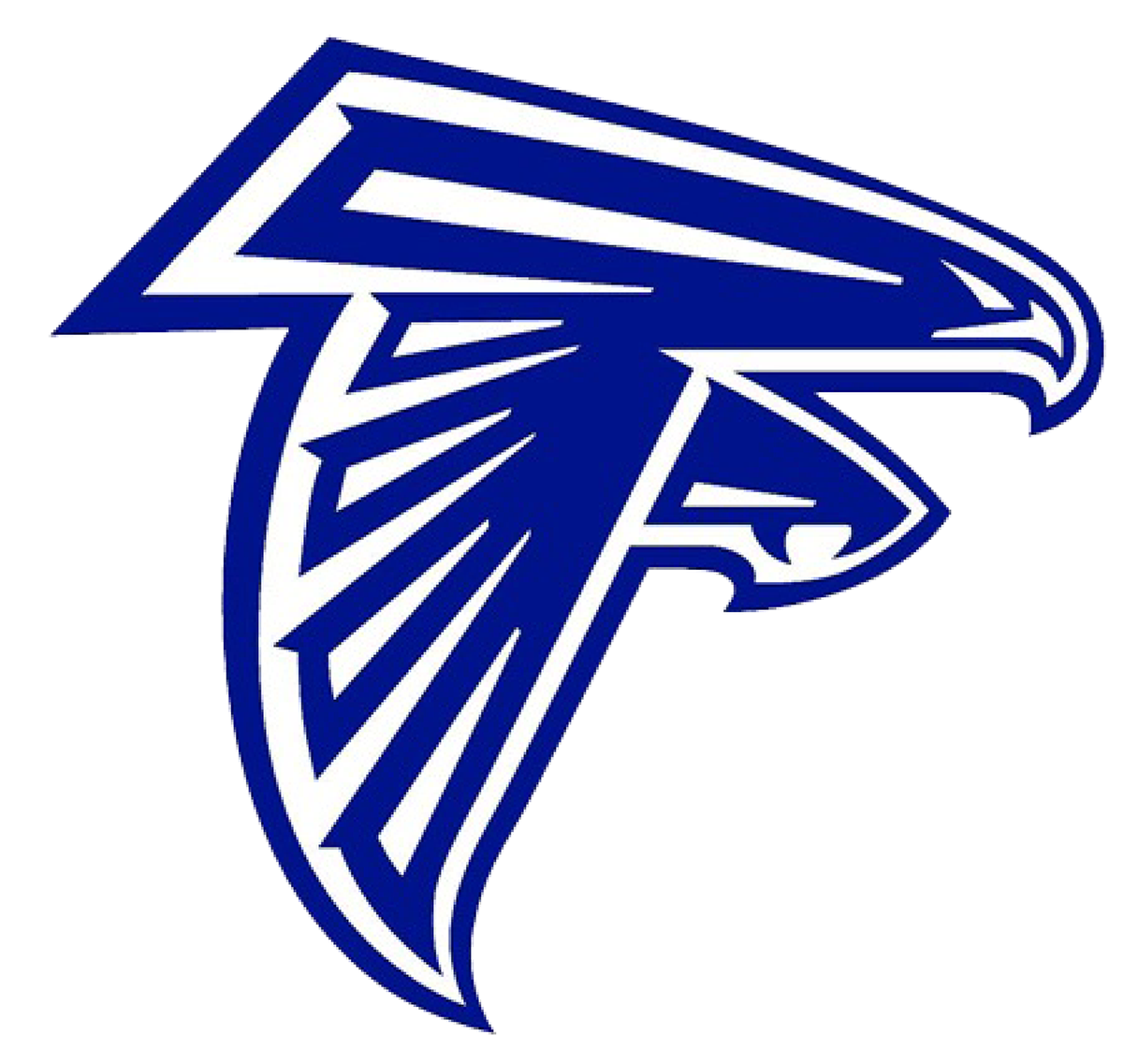Community Spirit–March 2024
Ryan Ruggles, District Administrator
Our Vision, Our Needs, Our Community
Moving a school district forward requires more than just a vision. True growth, sustaining success, and improvement mean vision, leadership and structures. We have been engaged in some great visionary conversations with staff members, business leaders, and community stakeholders to set and reaffirm our vision for all students. That vision will be further realized when we open our new STEAM addition next fall. Additionally, our school has been building on shared leadership as we empower our staff through Initiative One training. We have an incredible staff and we want to expand upon their leadership through our agreed-upon trust accelerators. Finally, we are working on our structures for measuring our growth, success, and areas of improvement. As we work on our organizational structures, one piece I want to focus on is our financial structure.
Traditionally, we have been a high-achieving and low-spending district. As we look across the conference, it is really powerful to see some of the comparisons. We are the highest rated district for the state report card, highest in ACT composite score, and we spend the least amount per pupil in the conference. In the business world, that is called a great return on investment. I know those in the educational world do not always like comparisons between education and business, but at the end of the day we are accountable to the community and the taxpayers, so we should be evaluating our practices and finding efficiencies.
The School District of the Tomorrow River has utilized an operating referendum for more than 20 years. The first operating referendum in 2001 was for $350,000 a year and has only increased to $400,000 in more than two decades. The current operating referendum expires at the end of this school year, and with that we are projecting an $850,000 shortfall for next year. The school board unanimously approved language to ask the community for a three-year $900,000 solution ($500,000 increase over current) to our budget reality.
There are several factors that lead to this budget reality. The largest factor is the Wisconsin state funding formula, which many years ago locked low-spending districts into their revenue limit, with the only recourse for increasing funding being referendums. Statewide there are 100 school districts (out of 421 total) that rely on referendum funding for more than 10 percent of their total operating budget. This is evidence of a broken funding formula. We are seeing more and more school districts going to their communities to help meet their needs. On the ballot this spring in Wisconsin, there are 66 school districts seeking operating referendums, with the average amount being $2.4 million dollars (not including Milwaukee’s $252 million operating referendum).
Another factor is our slightly declining enrollment for in-district students. Fortunately, we are what I like to call “open enrollment winners” with more students open enrolling in than open enrolling out. Overall, our open enrollment numbers have helped our budget even though we receive less revenue in state funding for open-enrolled students. I have heard pushback against open enrollment, but truly it helps us as a district and is evidence that what we are doing in Amherst is working. We believe that more available housing near the village of Amherst and within the district as a whole would help our in-district enrollment grow. Of course, this is out of our control. Last, inflationary factors have had a major impact on our budget. Since Act 10 in Wisconsin, our state funding has failed to keep up with the inflation index. Had the formula kept pace with inflation, there would be no need for an operating referendum.
The referendum conversation with our leadership team and the board of education has been about funding our vision, being the best district in the area, remaining financially responsible and building back trust with the community. By year three of this operating referendum, we know we will have to make some cuts. Our plan is to continue to evaluate our practices for successful outcomes and to find efficiencies wherever possible. In addition, we will continue to seek alternative funding sources such as grants and donations to lessen the burden to our taxpayers. A great example of this is the recent $500,000 donation from the Wolding Family to help equip and fund STEAM/Technology within the district. That gift is also part of nearly $3 million in donations to the district since the start of the Falcon Pride Project; monies allowing us to make significant and needed improvements without having to go to referendum.
The results are clear; we are a coveted district for families and staff, and we have done more with less. We will continue to work to stay a great district, and become the best district in the region and in the state. We will continue to evaluate our practices (including financials) and continue to find efficiencies. We will continue to support and work with the community we love. As always, please reach out with any questions.

